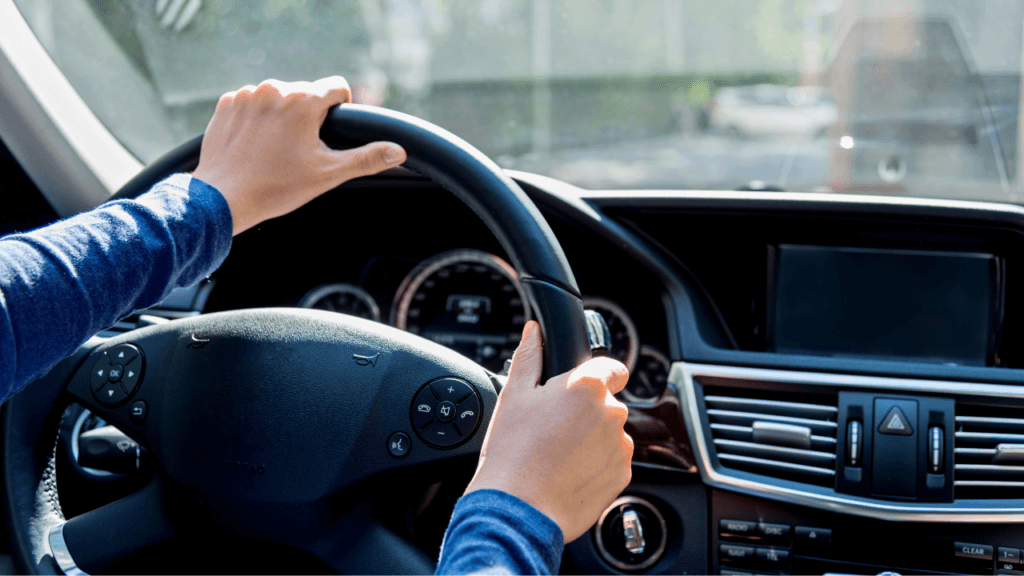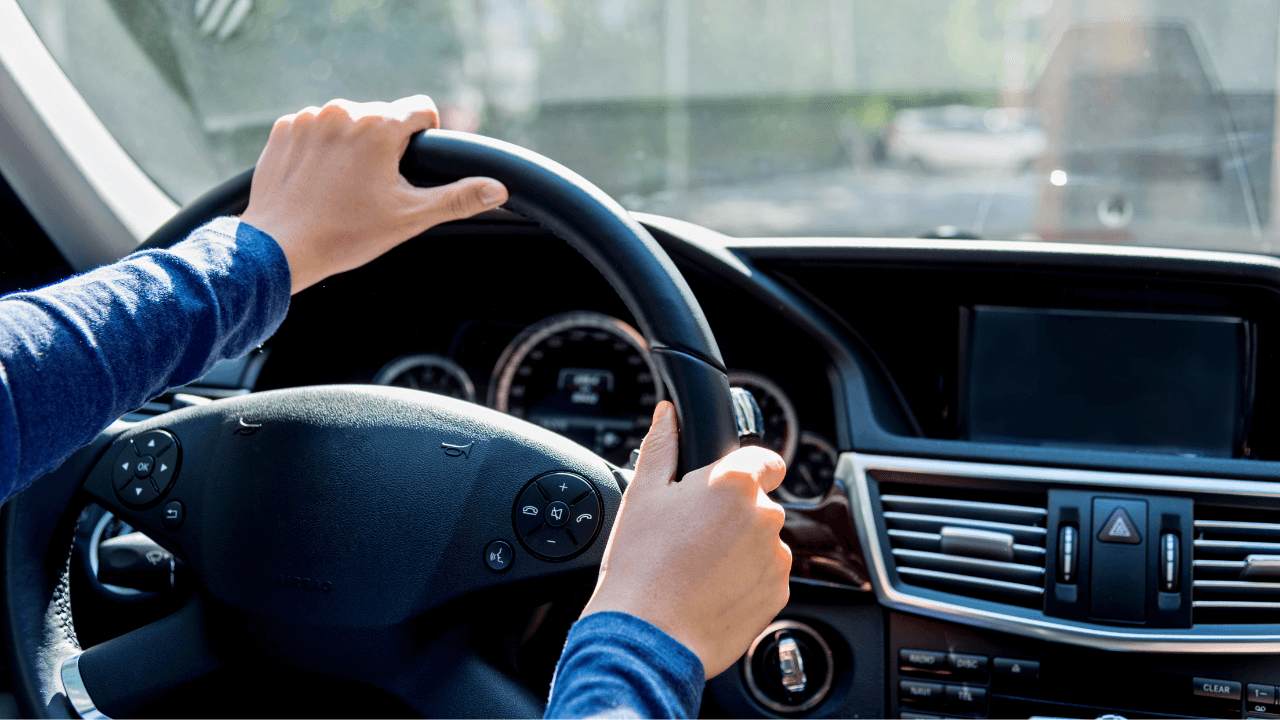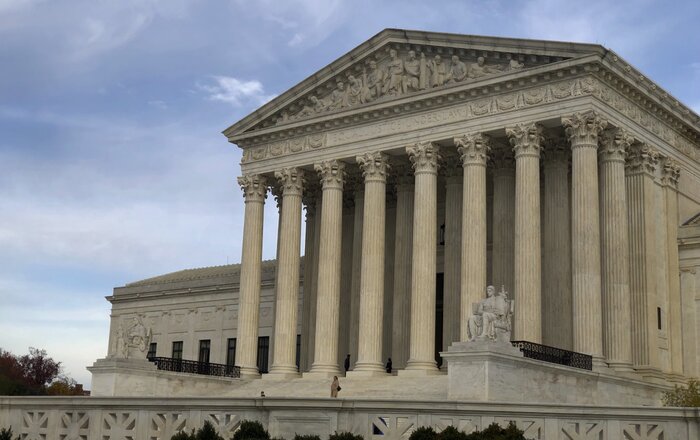Written By:
 Kent Ng
Kent Ng
Your Dedicated & Trusted Legal Team
3 Generations & 100+ Years of Combined Legal Experience

In New York, it is illegal to operate a vehicle under the influence of drugs or to be in possession of illegal drugs. The consequences for drug-related violations in a vehicle can include hefty fines, a potential jail sentence, and the loss of your driving privileges, such as a license suspension.
While the best way to avoid these consequences is to never drive while under the influence of, or even possess, illegal drugs, it is still possible to be suspected of these crimes when innocent. For example, I’ve been in a situation where a driver had a bag of white powder that appeared to be a drug, but it was actually baking powder.
Being suspected of drug use or possession is serious. Drivers should understand how police determine ownership when multiple people are in the vehicle, their rights, and the procedure police officers follow to determine drug use or possession. Take my insights as a police officer to ensure you understand the most important information about being suspected of drug possession or drug use while driving.
New York Drug Laws
New York State’s Vehicle and Traffic Law (VTL) § 1192.4 prohibits an individual from driving a vehicle while under the influence of drugs. This law also applies to drivers who are under the influence of a combination of drugs and alcohol.
The possession of illegal drugs in a vehicle is also a criminal offense. In New York, drugs such as cocaine, LSD, opium, heroin, and other narcotics are illegal to possess and use.
In 2021, New York legalized marijuana. This means that drivers 21 years of age or older cannot be cited or arrested for possessing up to three ounces of cannabis or 24 grams of concentrated cannabis.
However, driving under the influence of marijuana is illegal. If the police pull over a driver and suspect that they are under the influence of marijuana, they will employ their training to determine whether the driver is high. One common way in which police determine marijuana use while driving is if there is smoke in the vehicle or a strong odor.
Spotting the Signs: How Police Identify Suspected Drugs in Vehicles
Determining whether a suspected substance is actually an illegal drug is the first step. Many times, we will see a substance or powder in someone’s vehicle that appears to be a drug, but it is also possible that the substance is something non-drug related.
Police officers do not carry drug tests, meaning if they suspect you are under the influence, they are unable to drug test you after pulling you over. However, officers are trained to determine whether you are under the influence of drugs, which in turn can help them determine if the suspected substance in the vehicle is an illegal substance. For example, police will examine factors such as your behavior and level of nervousness, or if you have glossy eyes or are profusely sweating.
If you are not presumed to be under the influence, but the police can clearly see a substance they believe is a drug, an officer may ask to search your vehicle, or they may call in a K9 unit of dogs to determine if drugs are present.
The Process of Arrest and Determining Ownership
When drugs are found in a vehicle and multiple people are in the car, the police will ask everyone in the car who the drugs belong to. If no one in the vehicle admits to possession of the drugs, typically everyone will be arrested. This is because drugs in a vehicle are in close proximity, or in a “lungable area”, to everyone in the vehicle. Therefore, it is vital to ensure that you will not be in the vicinity of any illegal substances before entering the vehicle of another driver, or before you invite a passenger into your vehicle.
Arrested individuals will be brought to a local police department precinct, where the initial processing will take place. If no one admits ownership, the police will investigate to decide who the drugs belonged to.
If you are suspected of being under the influence of a drug, they will likely be asked to submit to a chemical test. Refusing a chemical test is prohibited in New York and can result in a license suspension and other consequences.
If the drug test comes back clean or it is determined that the suspected substance is not a drug, the charges against you and anyone else in the vehicle will be dropped.
Prescription Medications and Driving
If a police officer sees prescription drugs in your vehicle and believes you are driving while under their influence, the officer will have to determine whether you can operate a vehicle safely in that state. If the police see a prescription bottle in your vehicle, and that prescription specifies that users should not operate a vehicle, the police can cite you for driving under the influence. If the prescription does not prohibit users from operating a vehicle, you will not be cited for driving under the influence.
In my experience, unlike narcotics and other substances, arrests usually do not occur when drivers are under the influence of prescription drugs. However, if the driver causes harm or injuries to other drivers or vehicles on the road while under the influence of prescription drugs, they are more likely to be arrested.
If no other vehicles or individuals were harmed, the driver will likely be issued a summons, and their vehicle could be seized. A summons is a traffic violation rather than a criminal charge. It can carry consequences such as fines, a license suspension, and a mandatory court appearance.
Knowing Your Rights: Navigating Vehicle Searches and Seizures by Police
If you are pulled over on the road and the police notice what they believe to be drugs, a police officer will ask you if they can conduct a search of your vehicle. You have the right to refuse a search. As police officers, we do not assume a driver is more suspicious because they refused a search.
However, the “search” of a vehicle through the use of K9 dogs does not require your consent. If an officer believes that you are in possession of drugs but you refuse a search, they can hold you at that scene and call in a K9 officer. The K9 dogs will arrive and sniff the vehicle to locate any drugs, such as narcotics. You should comply with the officers and K9 unit but not admit guilt regardless of whether you are innocent or guilty; noncompliance with police orders can escalate the situation and make matters worse.
If it is determined that there are drugs in your vehicle or that you are driving under the influence, the police have the right to seize the vehicle and the drugs within it.

Latest from Our Blog



Editorial Standards
Rosenblum Law is committed to delivering informative content of the highest quality. All content is subject to our rigorous editorial standards for relevance, accuracy, sourcing, and objectivity. Everything is fact-checked by an editor and reviewed for legal soundness by one of our practicing attorneys prior to being published.
How to Cite Rosenblum Law’s Article
APA
Kent Ng (Sep 5, 2012). Top 10 Questions to Ask a Criminal Lawyer Before Hiring Him. Rosenblum Law Firm, https://rosenblumlaw.com/top-10-questions-to-ask-a-criminal-lawyer-before-hiring-him/
MLA
Kent Ng "Top 10 Questions to Ask a Criminal Lawyer Before Hiring Him". Rosenblum Law Firm, Sep 5, 2012. https://rosenblumlaw.com/top-10-questions-to-ask-a-criminal-lawyer-before-hiring-him/








